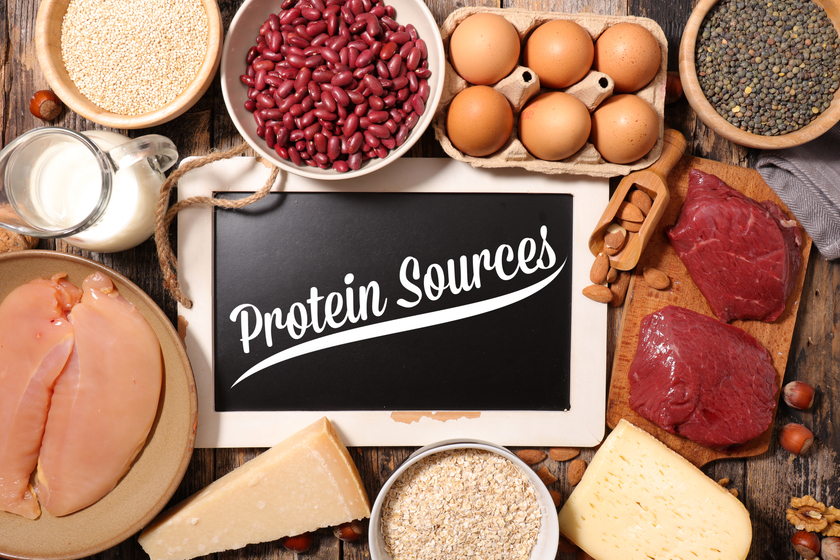As we age, it’s important to maintain a healthy diet that includes the right balance of macronutrients, including protein. However, consuming too much protein can have negative health consequences, particularly for the elderly. High-protein diets can lead to dehydration, kidney problems, and other health issues. In assisted living in West Chester, PA, residents can control their protein intake with these seven strategies.
Monitor Portion Sizes
Controlling portion sizes is essential for managing protein intake. Residents in assisted living in West Chester, PA, can work with a nutritionist or dietitian to determine appropriate portion sizes for their individual needs. Additionally, using smaller plates and measuring portions can help residents control their protein intake.
Choose Plant-Based Proteins
Plant-based proteins, such as beans, lentils, and nuts, are excellent sources of protein and are typically lower in fat and calories than animal-based proteins. In assisted living in West Chester, PA, residents can choose from a variety of plant-based proteins to incorporate into their diets, such as tofu, tempeh, and legumes.
Limit Animal-Based Proteins
Animal-based proteins, such as meat, dairy, and eggs, are high in protein but can also be high in fat and calories and could lead to diabetes. In assisted living in West Chester, PA, residents can limit their intake of animal-based proteins by choosing lean cuts of meat, low-fat dairy products, and egg whites.
Incorporate Protein-Rich Vegetables
Vegetables such as broccoli, spinach, and peas are rich in protein and can be a great way to add more protein to your diet. Residents in assisted living in West Chester, PA, can incorporate these protein-rich vegetables into their meals, such as in salads, soups, and stir-fries.
Read Food Labels
Reading food labels is an important strategy for controlling protein intake. In assisted living in West Chester, PA, residents can work with their caregivers or nutritionists to understand how to read food labels and identify high-protein foods. This can help residents make informed choices about the foods they eat and control their protein intake.
Balance Macronutrients
Balancing macronutrients, such as protein, carbohydrates, and fats, is crucial for maintaining a healthy diet. In assisted living in West Chester, PA, residents can work with nutritionists to develop meal plans that balance macronutrients and meet their individual needs. This can help residents maintain a healthy weight, reduce the risk of chronic diseases, and improve overall health and well-being.
Stay Hydrated
Staying hydrated is important for residents, especially those on high-protein diets. Drinking plenty of water can help flush out toxins, reduce the risk of kidney problems, and prevent dehydration. In assisted living in West Chester, PA, residents can have access to clean drinking water throughout the day to ensure they stay hydrated.
Controlling Protein Intake is Essential for Maintaining Good Health
In assisted living in West Chester, PA, residents can use these seven strategies to manage their protein intake and maintain a healthy and balanced diet. By monitoring portion sizes, choosing plant-based proteins, limiting animal-based proteins, incorporating protein-rich vegetables, reading food labels, balancing macronutrients, and staying hydrated, residents can maintain good health and well-being while living in an assisted living community.







